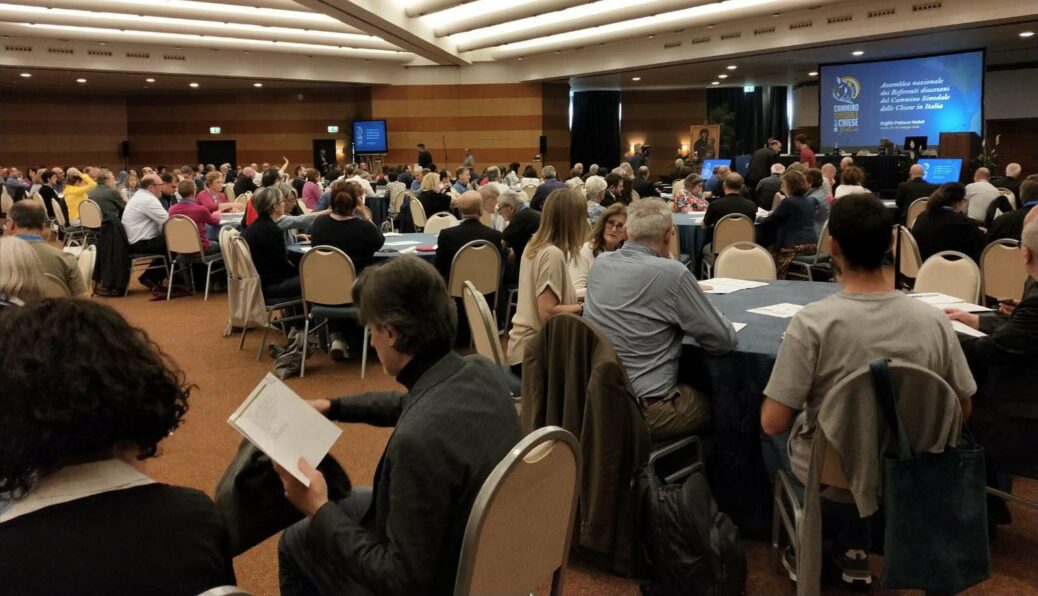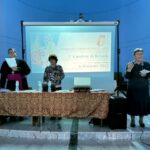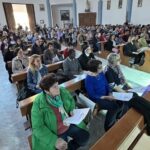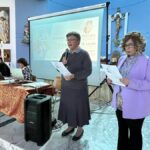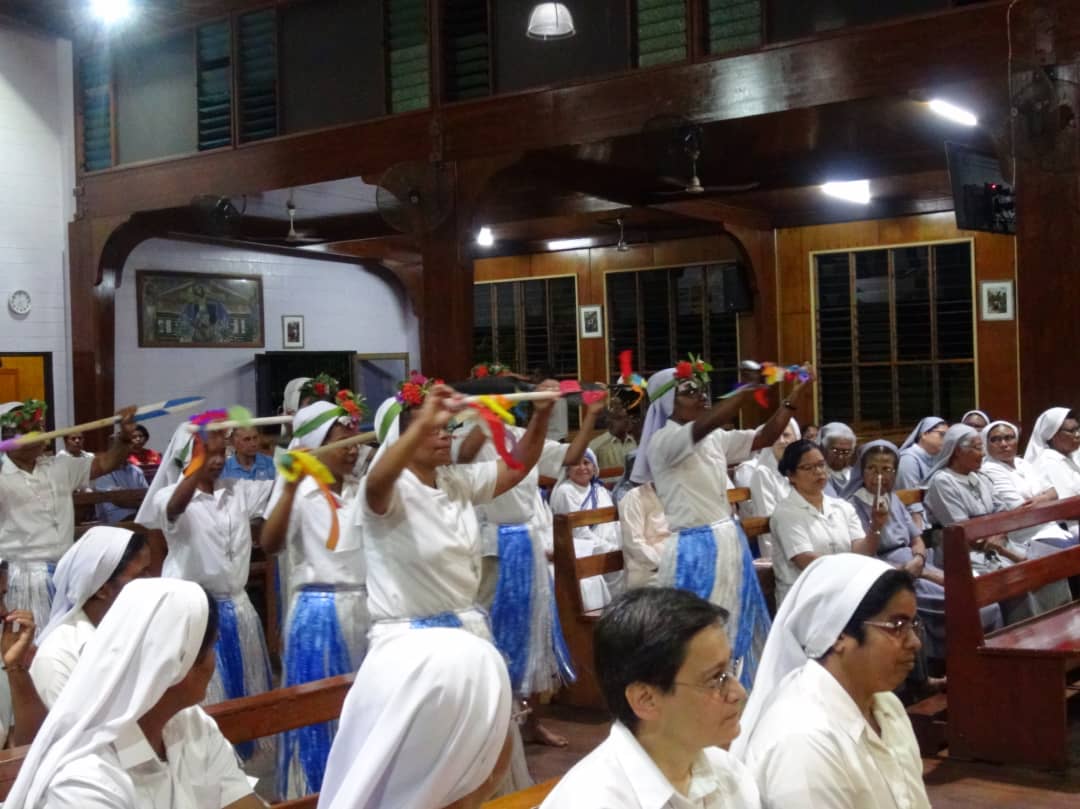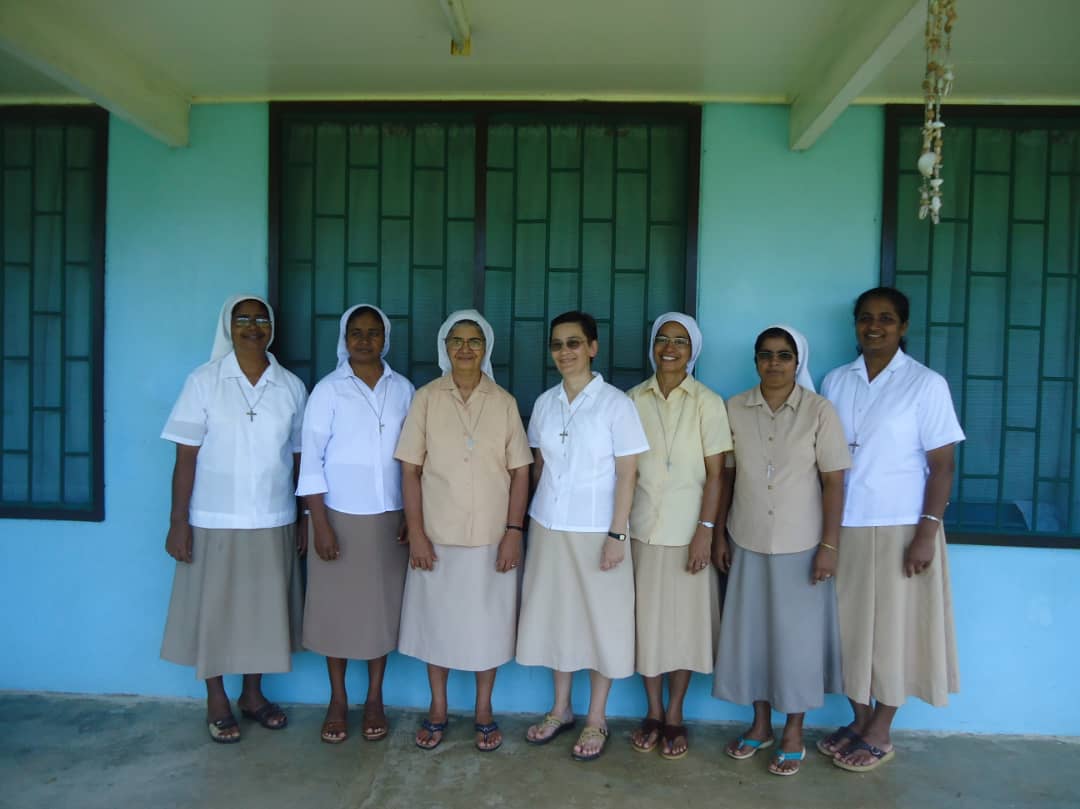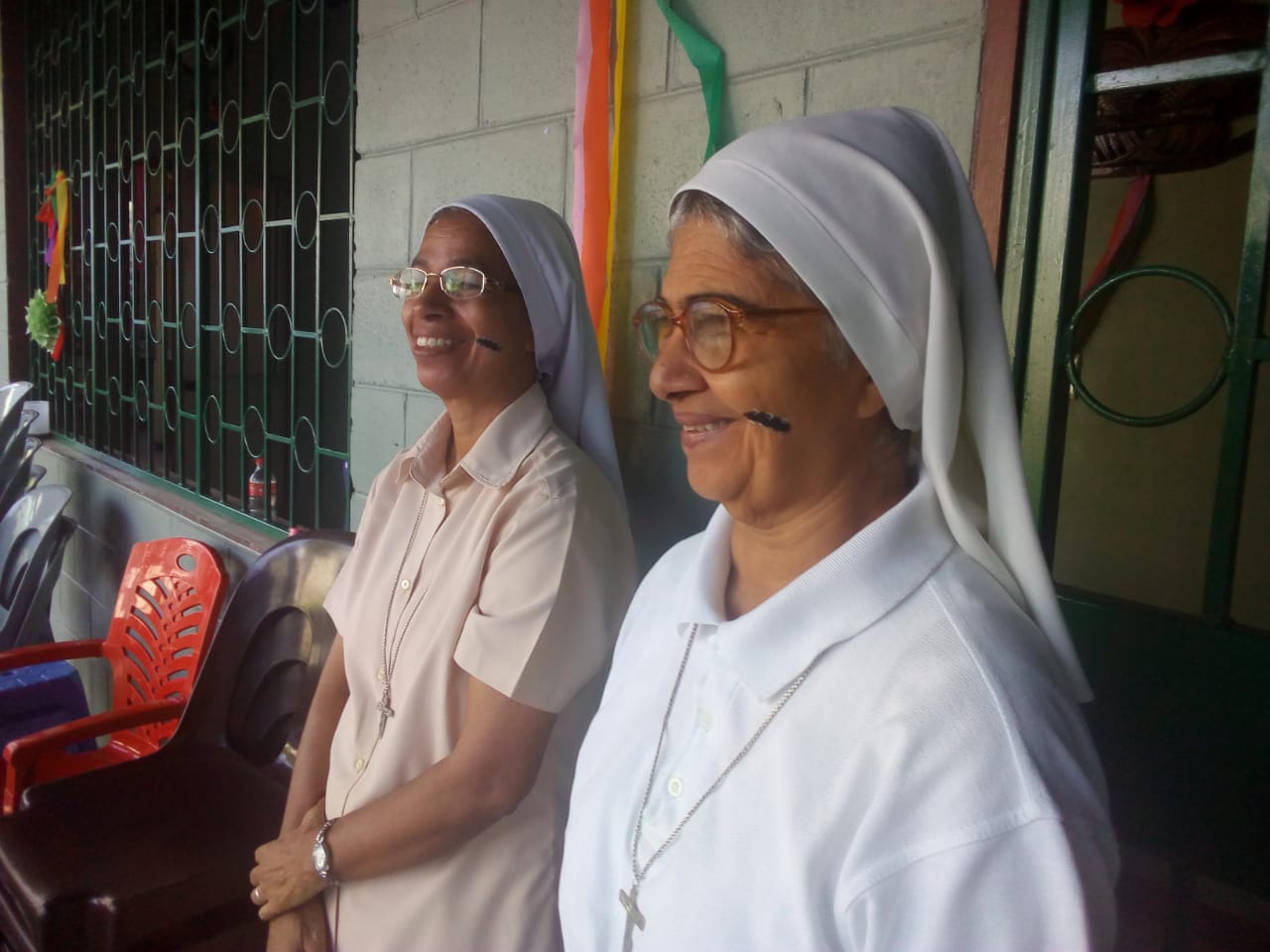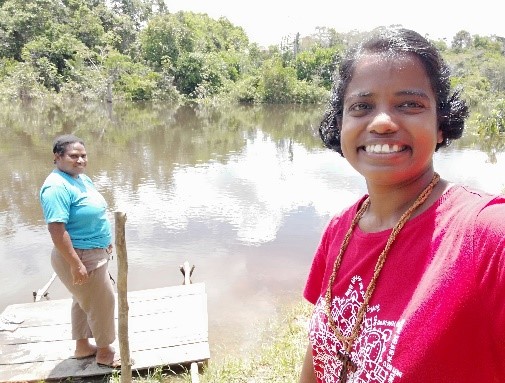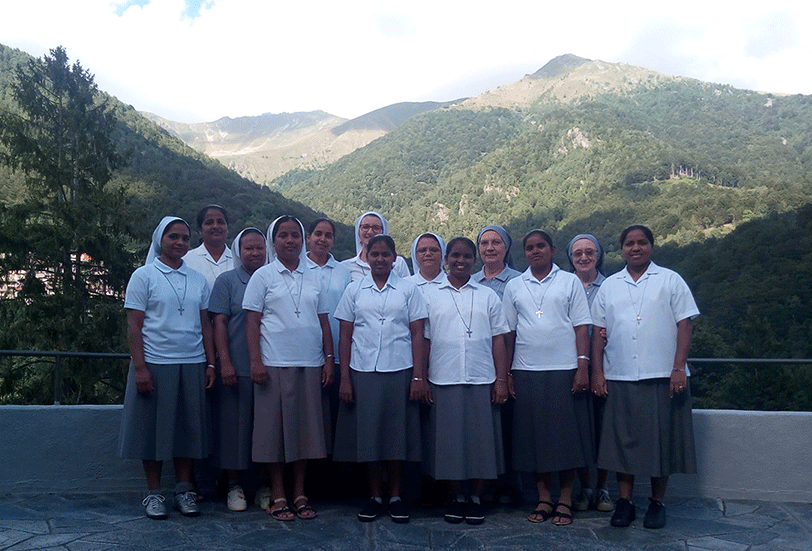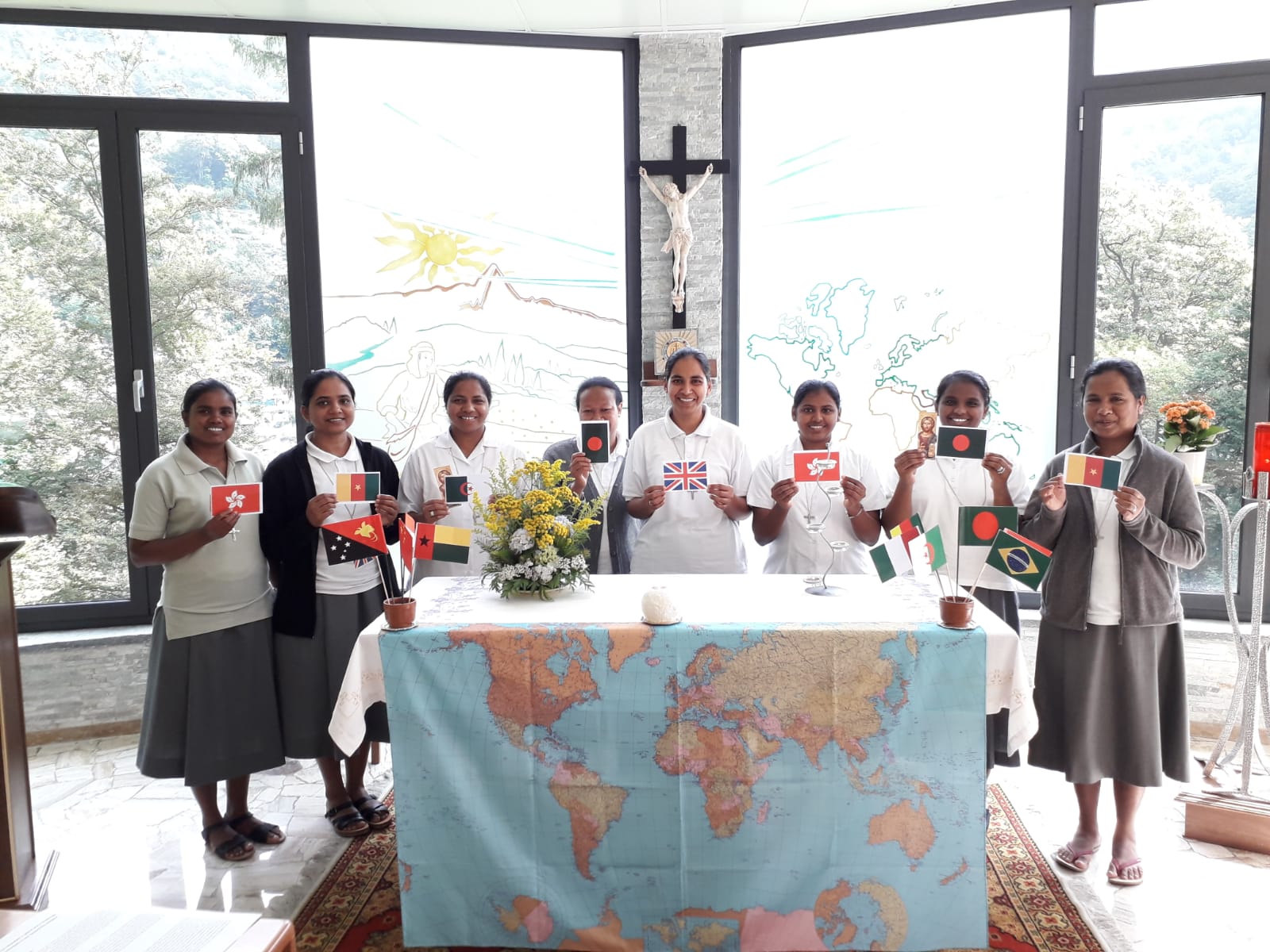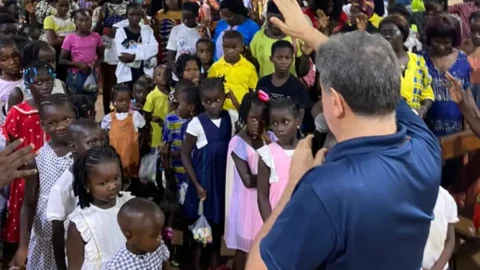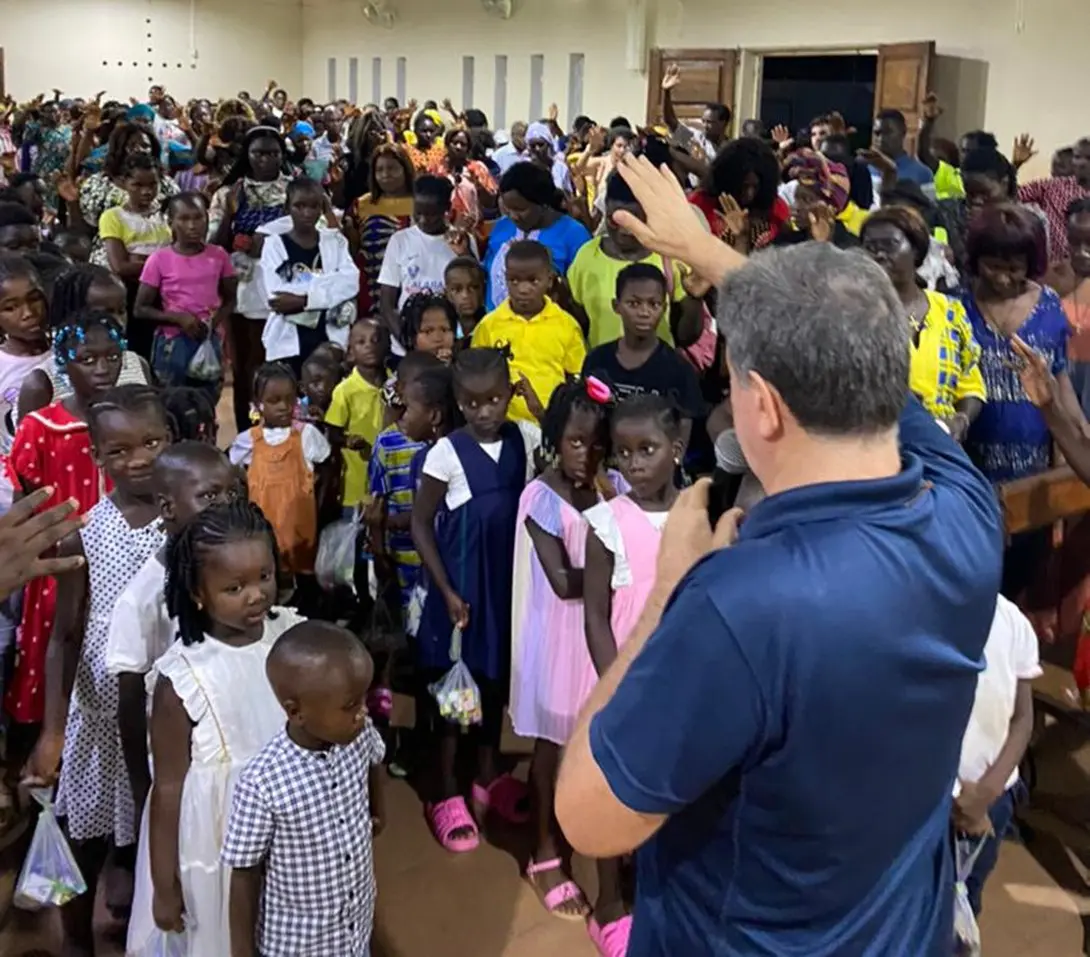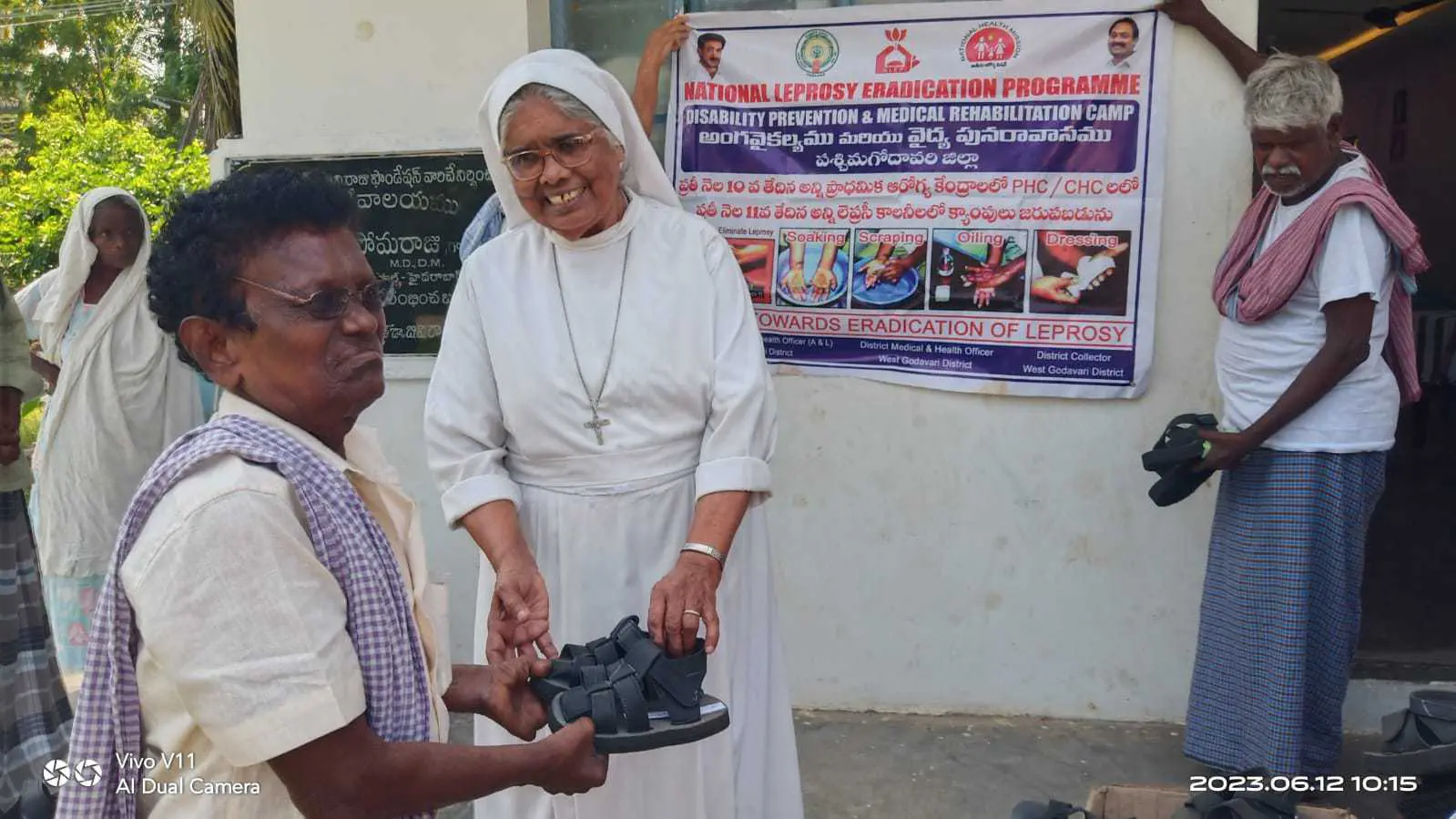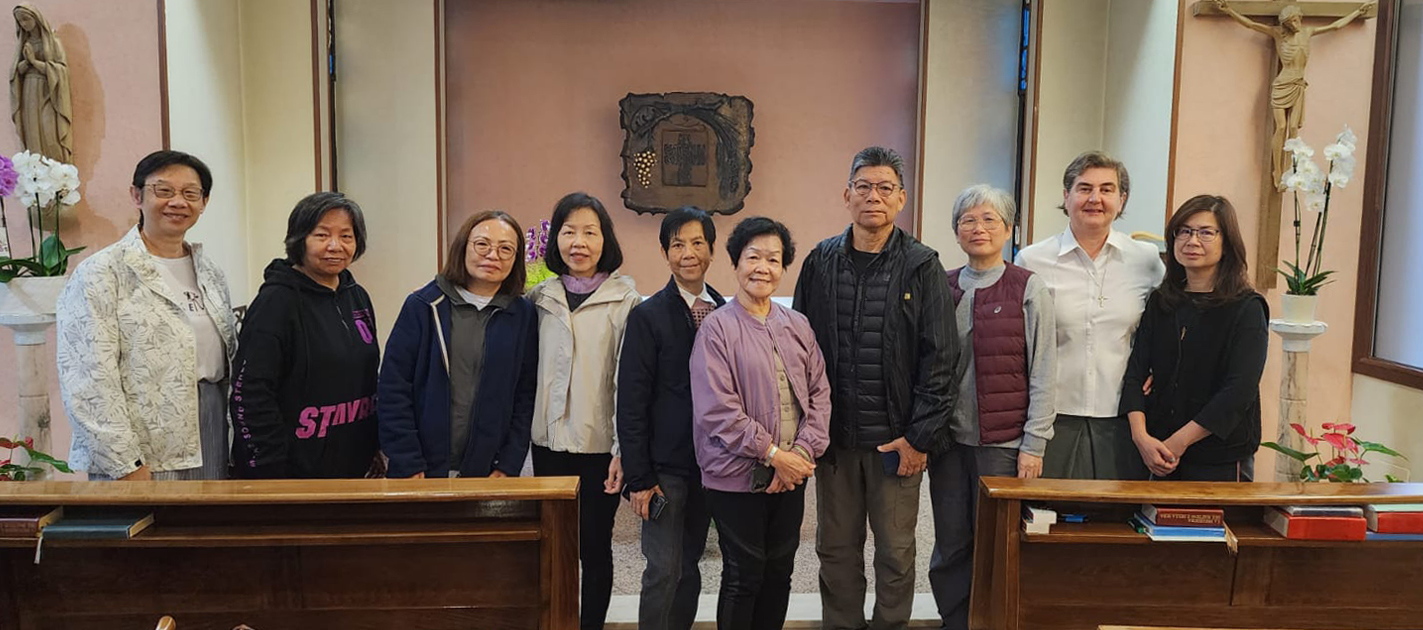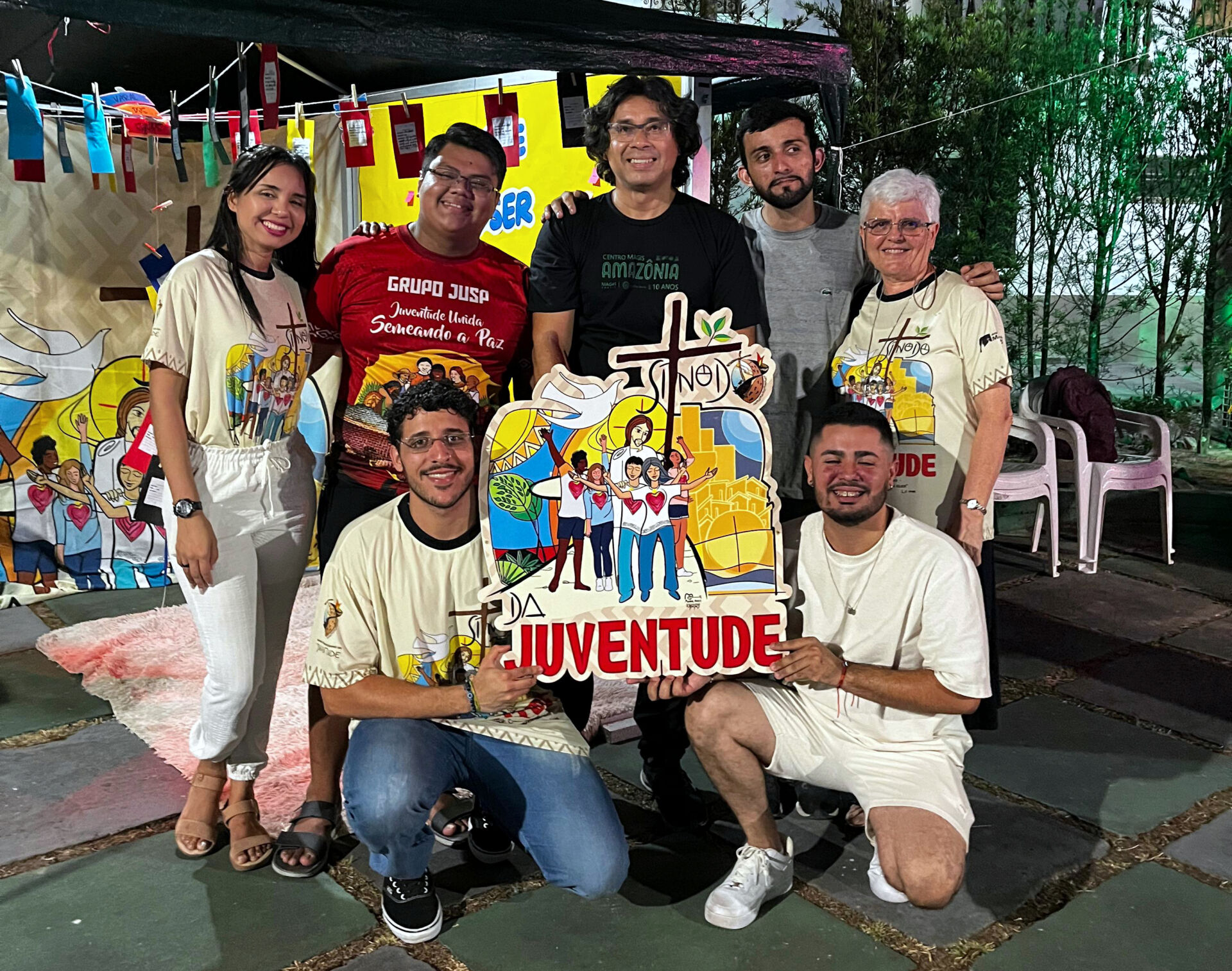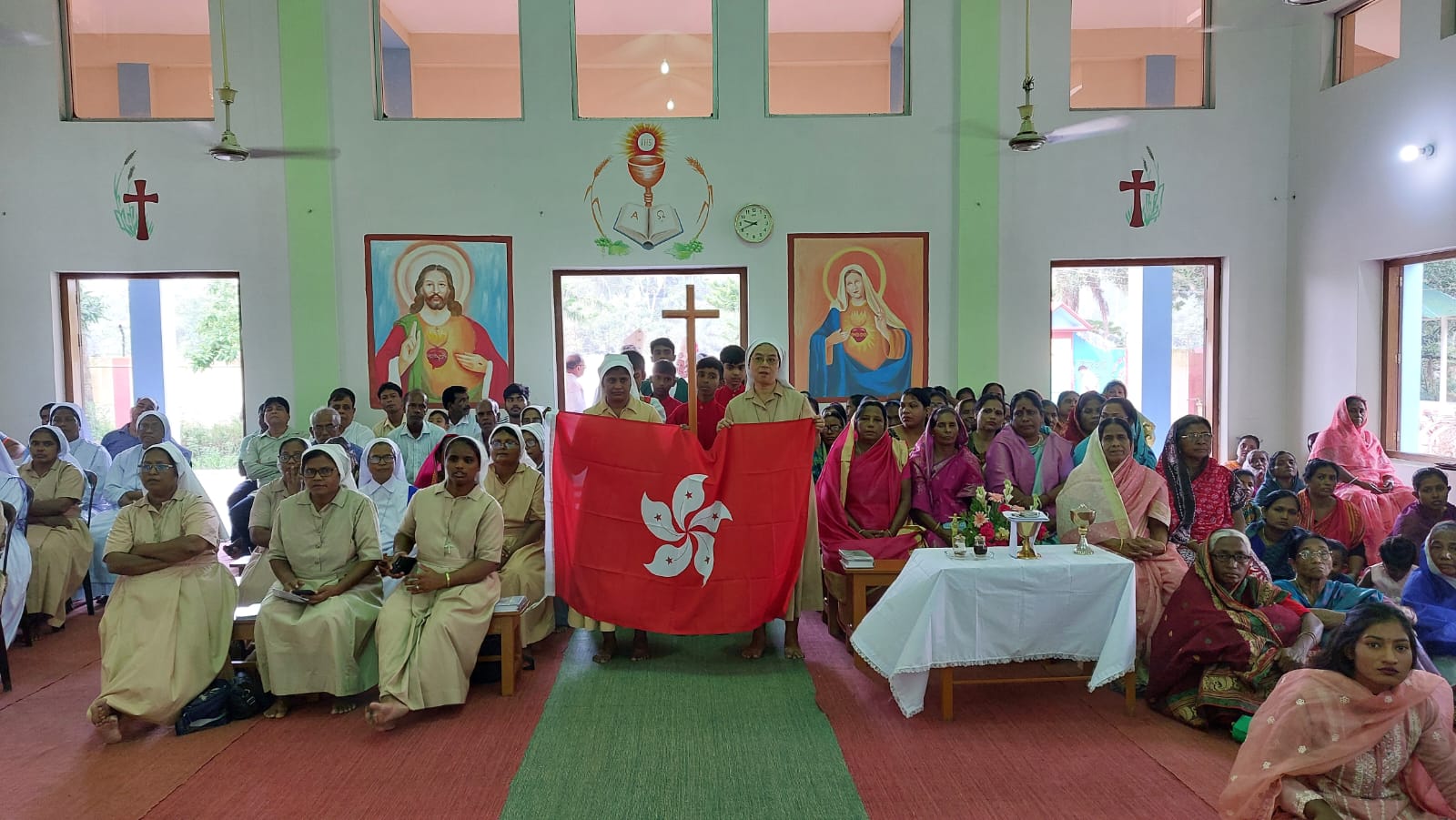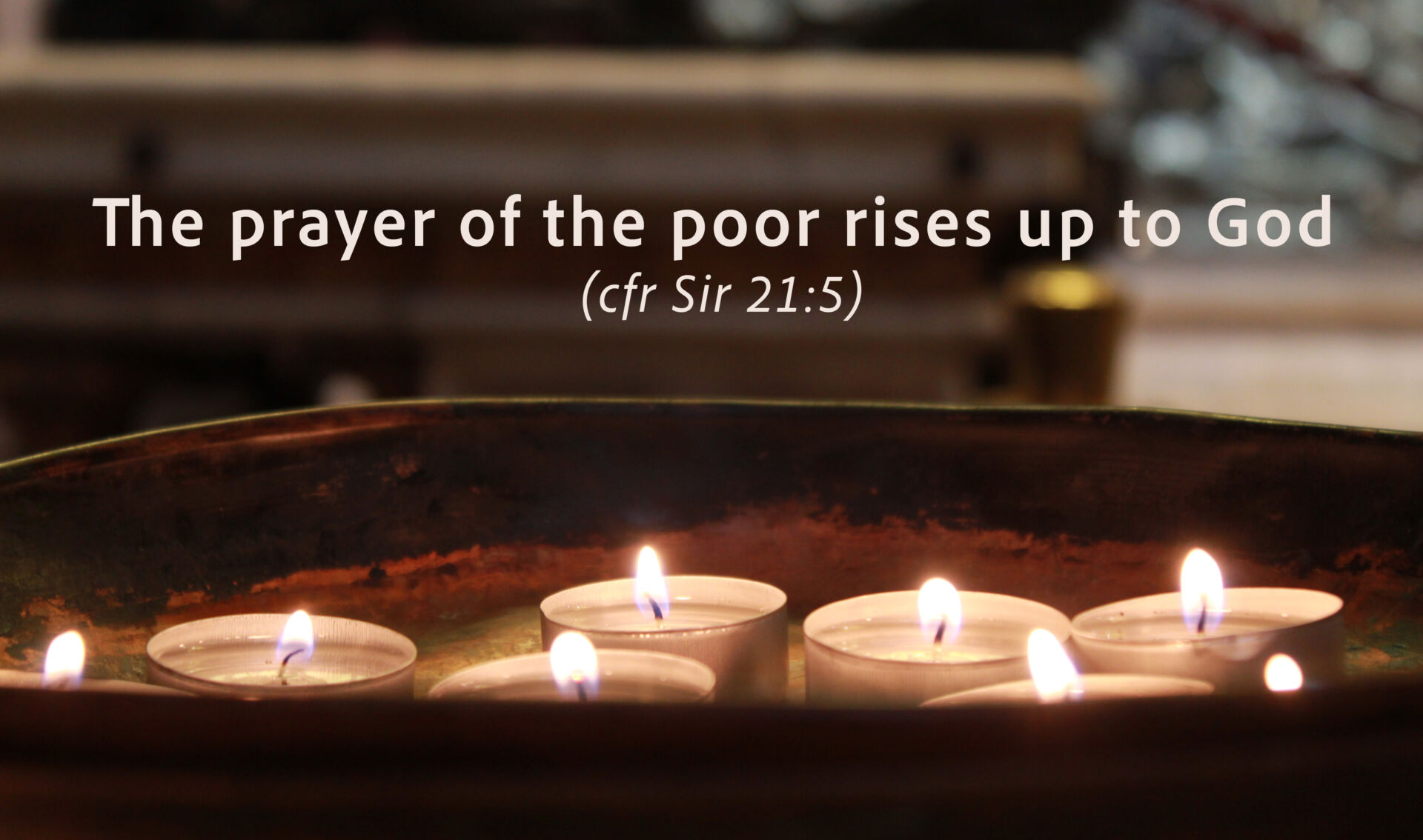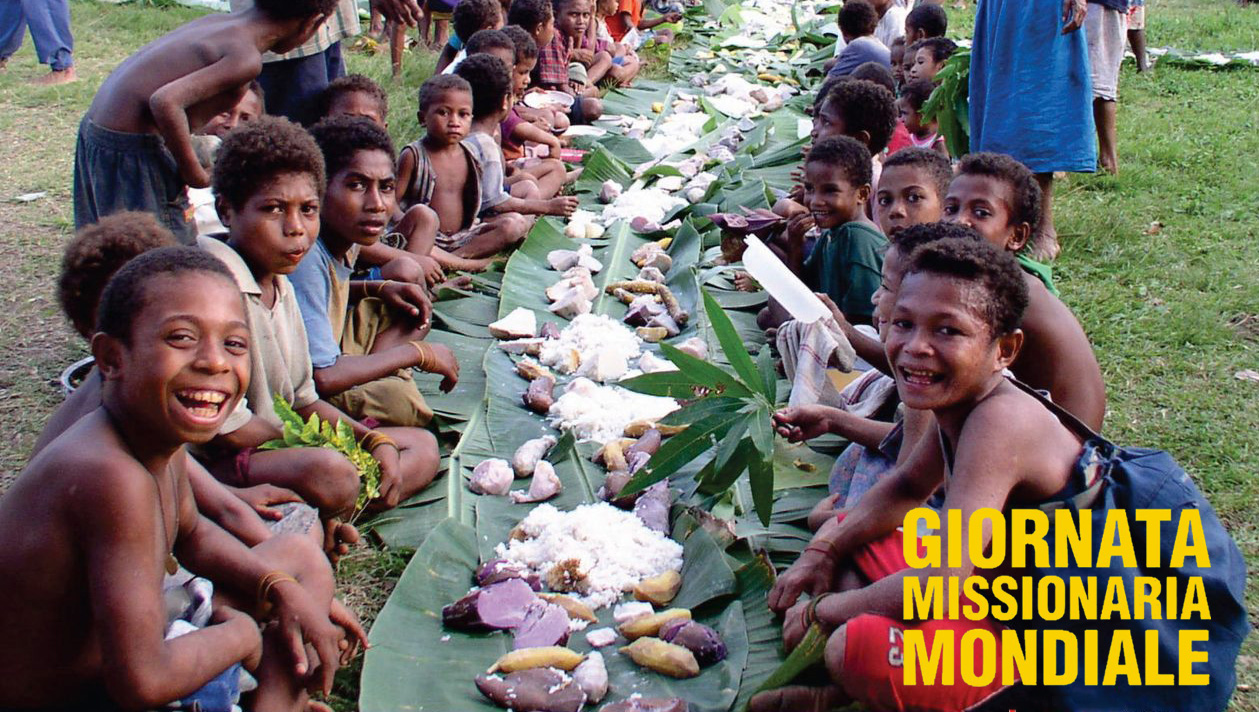Sr. Antonia dal Mas participated in the first phase of the synod on synodality. In this article, she explains how the process took place in Italy.
The expression reported in the title from event to process is certainly nothing new in the Magisterium of Pope Francis: We had already accustomed our ears to the word process from the beginning of his pontificate, when, with the publication of the Encyclical Evangelii Gaudium, he exhorted us, not so much to occupy spaces, but to start processes!
Citing the principle: “Time is superior to space”, the Pope reminded us that: “Giving priority to time means being concerned with initiating processes rather than possessing spaces. Time orders spaces, illuminates them and transforms them into links in a constantly growing chain, without going backwards”.
This is the spirit with which the Italian Church wanted to start the journey of preparation for the next Universal Synod, which will be held in Rome from 4 to 29 October 2023. A journey in three stages, which foresees a two-year period for each of them. The first, experienced as a narrative and listening phase, ended in May 2023 with an assembly that brought together all the Italian bishops in Rome together with Pope Francis and the approximately 300 representatives for the synod from their respective dioceses.
A two-year pastoral period that the Italian Church wanted to link to the Gospel passage of Luke, recalling Jesus’ meeting with Martha and Mary in the house of Bethany.
Three construction sites have been opened starting from this passage: that of the street and the village (listening to the vital worlds), that of hospitality and the home (the quality of relationships and ecclesial structures) and that of diaconates and spiritual formation.
Sites that were able to adapt to the individual realities of the Italian Church, without constituting a compulsory path, which intertwined and complemented each other because each space opened onto the other, as in a spiral movement. To the three main ones, a fourth could be added designed and developed “by and for” each local Church.
The image of the construction site clearly indicated the need for work that lasted over time, which was not limited to the organization of events, but aimed at the creation of listening paths and experiences of lived synodality, the reinterpretation of which would become a starting point for the subsequent phases of the national synodal journey.
From event to process, therefore, from dream to reality, from once only to pastoral style.
And to make it become a style, a few days ago the Italian Church developed the Guidelines which will open the second phase, that of the wisdom phase in which we will try to understand how to ensure that ecclesial renewal, cultivated in the narrative phase, does not remain just a dream.
The text, which is entitled “He approached and walked with them” and is made up of three parts, offers some reflections sparked by the story of Emmaus – icon chosen for the next pastoral year 2023-2024 – and presents methodological elements to enhance the great richness of the work carried out so far. In fact, it is a question of continuing along the path started, strengthening the exercise of discernment starting from the themes and questions proposed in the Guidelines and indicating possible decisions, commitments or aspects still to be developed. The document highlights five macro-themes, which group together the requests collected in the two-year period dedicated to listening:
1) the mission according to the style of proximity;
2) language and communication;
3) formation in faith and life;
4) synodality and co-responsibility;
5) the change of structures.
Each macro-theme is divided into some sub-themes that explain the issues that have emerged. Only one question for each theme prompts reflection and calls communities to discernment. Taking advantage of the two-year narrative period, the Permanent Episcopal Council, in the introduction to the document underlines – “these orientations” build a bridge towards the prophetic phase, moving the Churches in Italy towards an operational discernment that prepares the ground for decisions, necessarily oriented towards an ecclesial renewal. These are never introverted, even when attention is focused on the internal life of our communities, the thought is always the extroverted one of the mission. It is to make certain ecclesial (doctrinal, pastoral, juridical, and administrative) dynamics more agile to make the encounter between the Gospel, life-giving and perennial energy, and humanity today.
On the eve of the next Synod, which will be held in Rome from 4 to 29 October 2023, for the first time in the Paul VI Hall, considering that the number of participants has particularly increased with the entry of 70 members proposed by the continental Synods, we can affirm with a certain courage that this process is certainly entrusted to the 500 participants, but much more, to those who in these two years of preparation have acted as spokespersons for the demands and dream of the synod itself in the various peripheries of the world.
The participants in fact will once again be faced with a moment of listening, something that will bring the peripheries to the centre, since the local Churches are “privileged points of reference”. However, being a local Church, recalls the Instrumentum Laboris of the 2023 – 2024 Synod, does not mean “living outside the relationships that unite it to all the others”, but seeking a balance, a balance between the demands for democratization of the Church and a method that is synodal, based on listening and on non-exclusion of the opinions of all.
A slow process for sure… but already underway.
Sr. Antonia dal Mas, Italy

